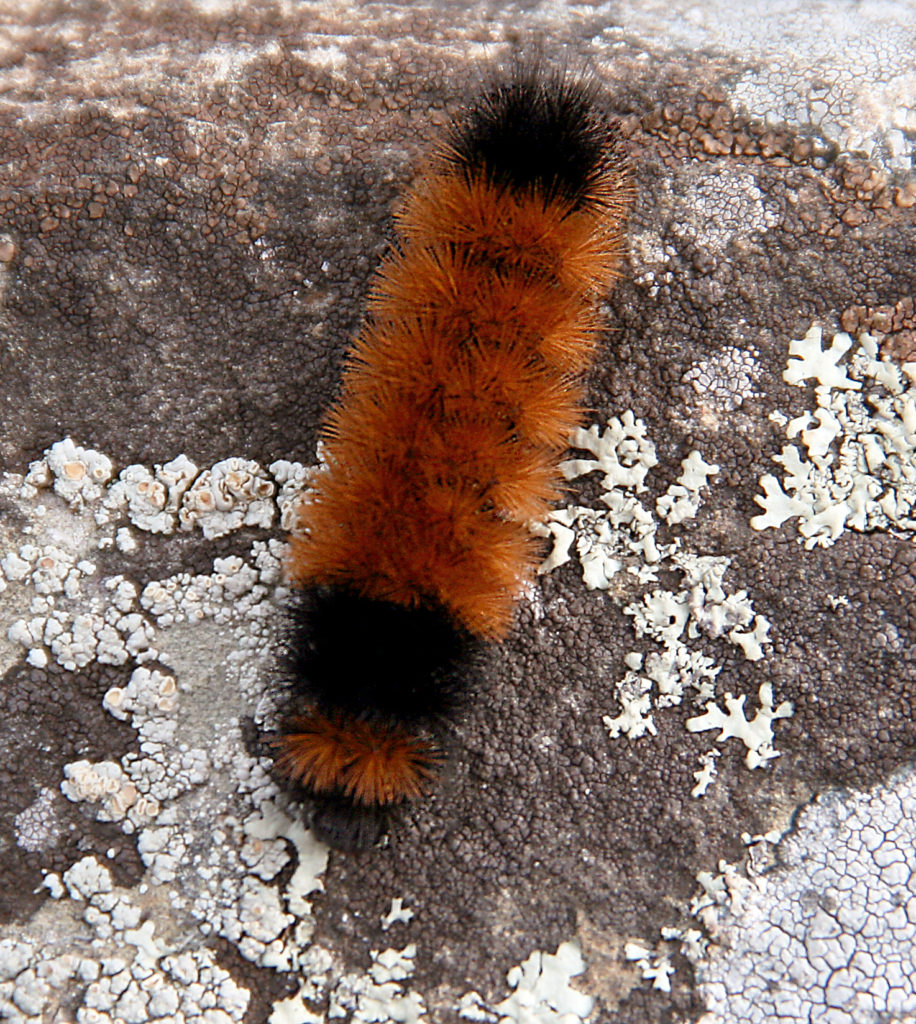 Welcome to another year. We are still limited to mostly solitary entertainments—long walks and webinars—but there are still more places and topics to explore.
Welcome to another year. We are still limited to mostly solitary entertainments—long walks and webinars—but there are still more places and topics to explore.
Are you sure you’ve actually walked everywhere you can? Several local communities have maps of cross-town walking trails that include parks, greenways, art installations, historical markers, and other sites. You can find town-wide walking maps for
Arlington: bit.ly/BCFArlWalk
Belmont: bit.ly/BCFBelmontWalks
West Cambridge: bit.ly/BCFWestCWalks
Waltham: walthamlandtrust.org/trail-guides
Watertown: bit.ly/BCFWatertownWalks
And have you looked at everything? Yes, it’s cold, but most things that live outside around here don’t migrate for the winter. Trees can’t fly, and frogs can’t hop that far.
Mount Auburn Cemetery provides an online guide to its winter trees and shrubs (MountAuburn.org/media-archive/winter-interest-trees-shrubs-at-mount-auburn/#more-16020), which are fairly obvious in the landscape. If that presentation inflames your desire for knowledge of winter trees, register for the Native Plant Trust’s winter botany class (Friday, January 15, 10 AM–4 PM, $90 members, $108 nonmembers). Students will “investigate the taxonomic characteristics of deciduous, evergreen, and some herbaceous plants in winter” and learn to use a dichotomous key to identify twigs and plants. Then, you’ll have all weekend to stare at leaf scars and buds. Register at NativePlantTrust.org.
Once you’ve learned how to identify trees and shrubs, you can start taking them apart. The Native Plant Trust is offering a winter pruning class (Saturday, February 13, 10:30 AM–12:30 PM, Garden in the Woods, Framingham, $30 members, $36 nonmembers). You’ll learn basic pruning principles and the tools to use to slice open your greenery. Register at NativePlantTrust.org.
It isn’t just trees that stay still for the winter. The Native Plant Trust is also offering a class titled “Green in the Winterscape,” featuring both plants and not-plants that are green in the winter, including lichens, mosses and liverworts, ferns, ericaceous shrubs and evergreen trees, and many more. The class will explore the plants’ evolution and strategies for year-round foliage(Saturday, March 20, 10:30 AM–2:30 PM at Garden in the Woods, Framingham. $60 members, $72 nonmembers). Register at NativePlantTrust.org.
Mass Audubon’s Habitat staff are poised to introduce you to the more subtle signs of winter insects. Insects over-winter in various life stages using a wide variety of strategies. Participants will look for signs and discover what the insects are doing on January 6, 8:00–9:30 AM at Habitat, 10 Juniper Road, Belmont. Register to solve these six-legged mysteries at Mass Audubon (www.massaudubon.org/program-catalog/habitat/76178-winter-insects) for a cost of $18 for members, $22 for nonmembers.
If you’re not too fussy about what species you encounter, sign up for some serendipity at Habitat’s “Signs of the Season Mindful Walk” (Wednesday, January 27, 8:00–9:30 AM, Habitat, 10 Juniper Road, Belmont, $18 members $22 nonmembers). Mass Audubon teacher naturalists lead participants to discover “flora and fauna you might have missed along the way.” Trees? Definitely. Lichens? Winter insect signs? Probably. Owls? It’s a good time of year for owls. Register and find out at www.massaudubon.org/program-catalog/habitat/76181-signs-of-the-season-mindful-walk.
Finally, if Vincent Stanton, Jr.’s article on the 1918 flu epidemic in Belmont (“Belmont’s Last Pandemic: the 1918 Flu,” Belmont Citizens Forum Newsletter, May/June 2020), left you yearning for more, take a few minutes to review the slides from Mary Daly’s Waltham Historical Society program on the 1918 flu epidemic in Waltham, available at Whistsoc.waynemccarthy.com/pdf/PaleHorsePaleRider.pdf. Daly writes, “In Waltham, the virus infected 4,300 people, more than 13% of the population, and killed 278 people. This was five times the number of Waltham soldiers and sailors killed in WWI.”
Stay safe, everyone.



Sorry, the comment form is closed at this time.